Biographer's Charles Barkley book explores Phoenix Suns’ most beloved, controversial player
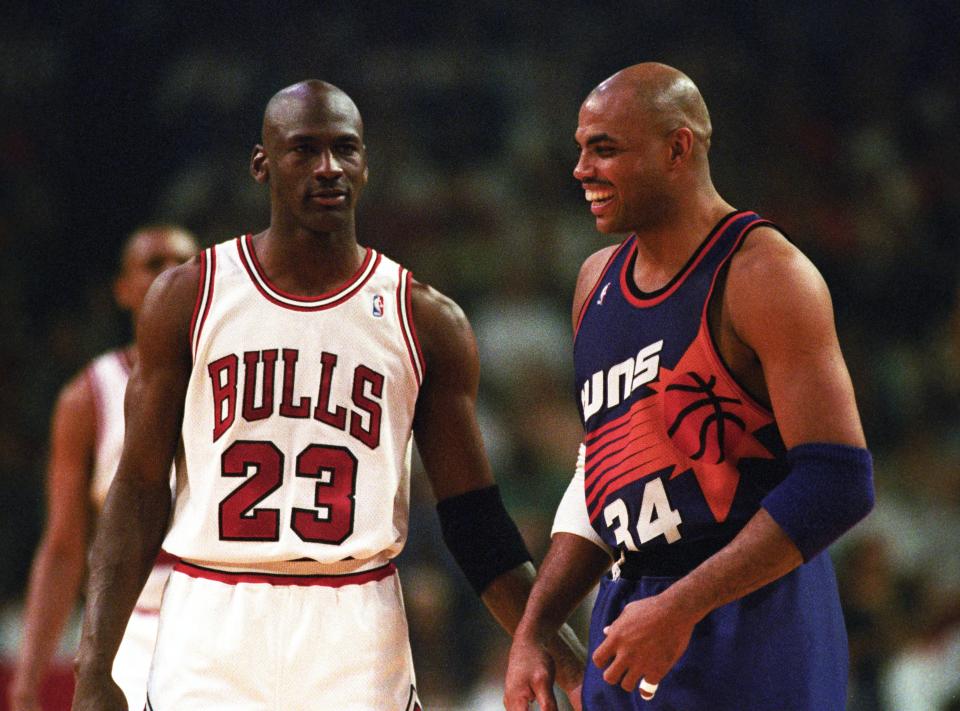
Charles Barkley is one of the most revered former pro athletes in Phoenix sports history, even though he only played for the Suns for just four years.
After Barkley was traded from the Philadelphia 76ers to Phoenix in 1992, he won the NBA's Most Valuable Player award and led the Suns to the finals the following season, their second in franchise history and his deepest playoff run.
Barkley's brightest career moment in 1993 remains close to Suns fans’ hearts and author Timothy Bella for his new book "Barkley: A Biography" released on Tuesday.
"That’s a crucial year for not just the Suns, but the entire city because in some ways Charles helped put Phoenix back on this national map when it came to having a dominant NBA team," Bella said.
The Republic spoke with Bella about his first book examining Barkley's Hall of Fame career and his post-retirement life since 2000.
This interview was condensed for clarity.
Q: What motivated you to write this Barkley biography?
TB: I’ve always been a Charles Barkley fan. I actually grew up in Houston, so the first time I was exposed to Charles was as a member of the Suns, and at that time I just booed him so much (laughs). But as a short fat kid who loved basketball, I just could fall in love with how he played. He rebounded, how he was just absolutely fearless out there, how he talked noise. And that kind of gave me confidence on the court to just kind of see how played, how he talked, how he carried himself. From that fandom came the appreciation later in life for some of the things he was saying on and off the court. I have been involved in a couple other books on the research side. I knew that for my first book it just had to be about Charles Barkley.
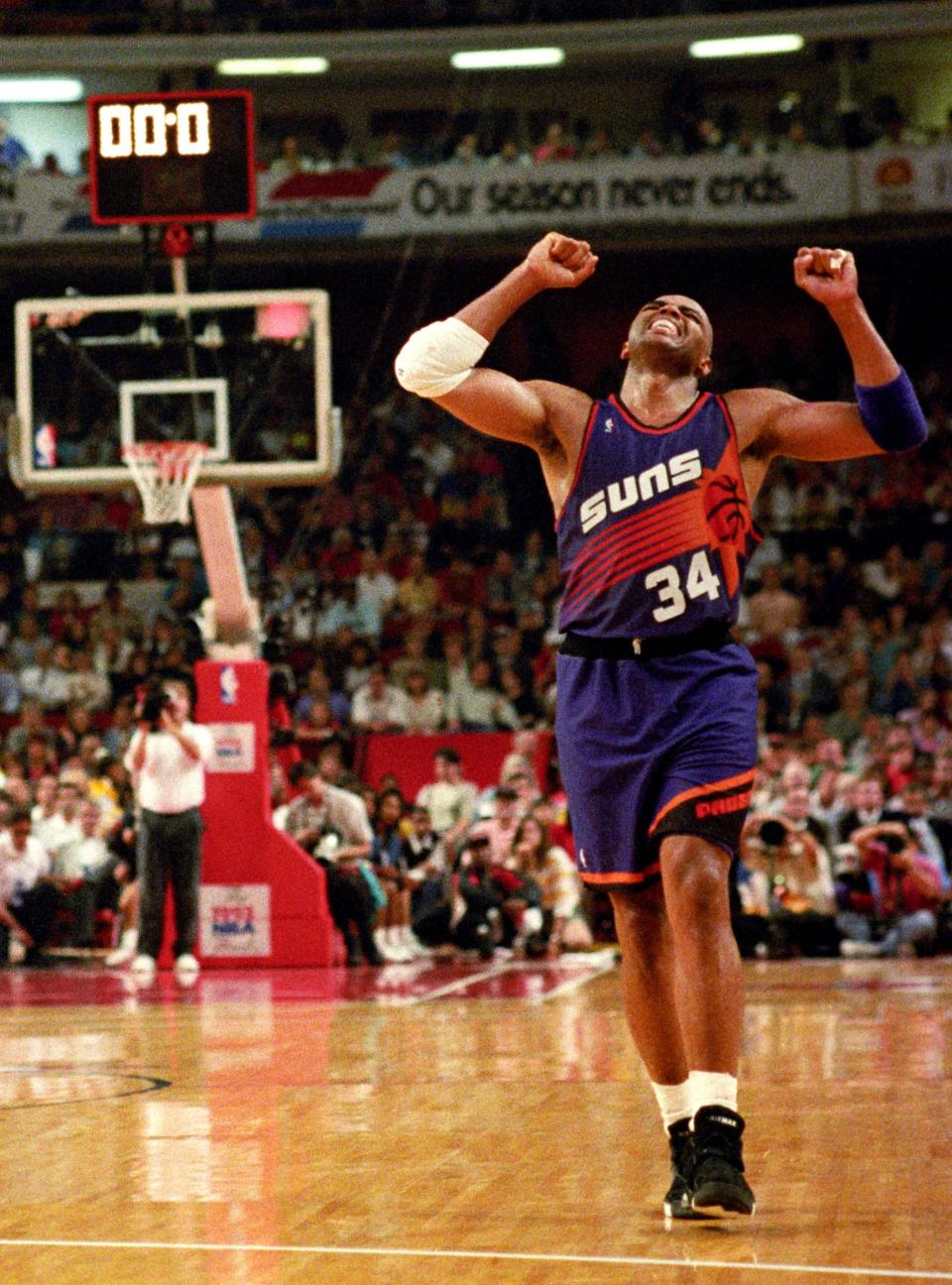
Q: What differentiates your Barkley book from several of his other biographies?
TB: There hasn’t been an in-depth biography done on Charles in decades. ... This book talks to everyone, from childhood to the present day, including people who haven’t spoken at length before, like his first basketball coach, his first girlfriend, college teammates, the (eight-year-old) girl he spit on in New Jersey (in 1990), the guy who played Barkley in the (Saturday Night Live) sketch (Kenan Thompson), a cop who arrested him for his DUI. It goes on and on.
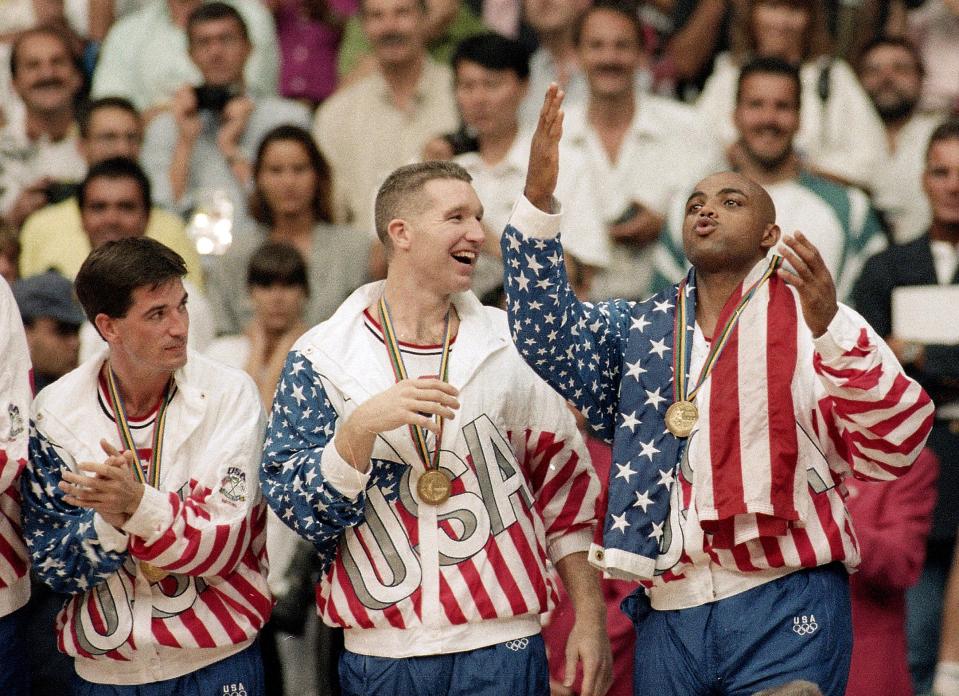
Q: In the excerpt of your book in Esquire, you mentioned that Michael Jordan begged Barkley to get a bodyguard after that infamous 1997 Orlando bar incident in which he threw some fight instigator through a plate glass window. Is it surprising that one of the sports world’s biggest and most controversial stars back then didn’t have security through the back nine of this career?
TB: I just think that around his life, he always loved to go out and be social. There are these memories of him in Barcelona at the Olympics of him staying out for all hours of the night, and you hear about some of these other stories at Turner in that he just enjoys a good party. For me in documenting him, it was just an impediment to have a bodyguard all the time because that’s not who he is. He just wants to have these real conversations with people without a bodyguard standing around him at all times.
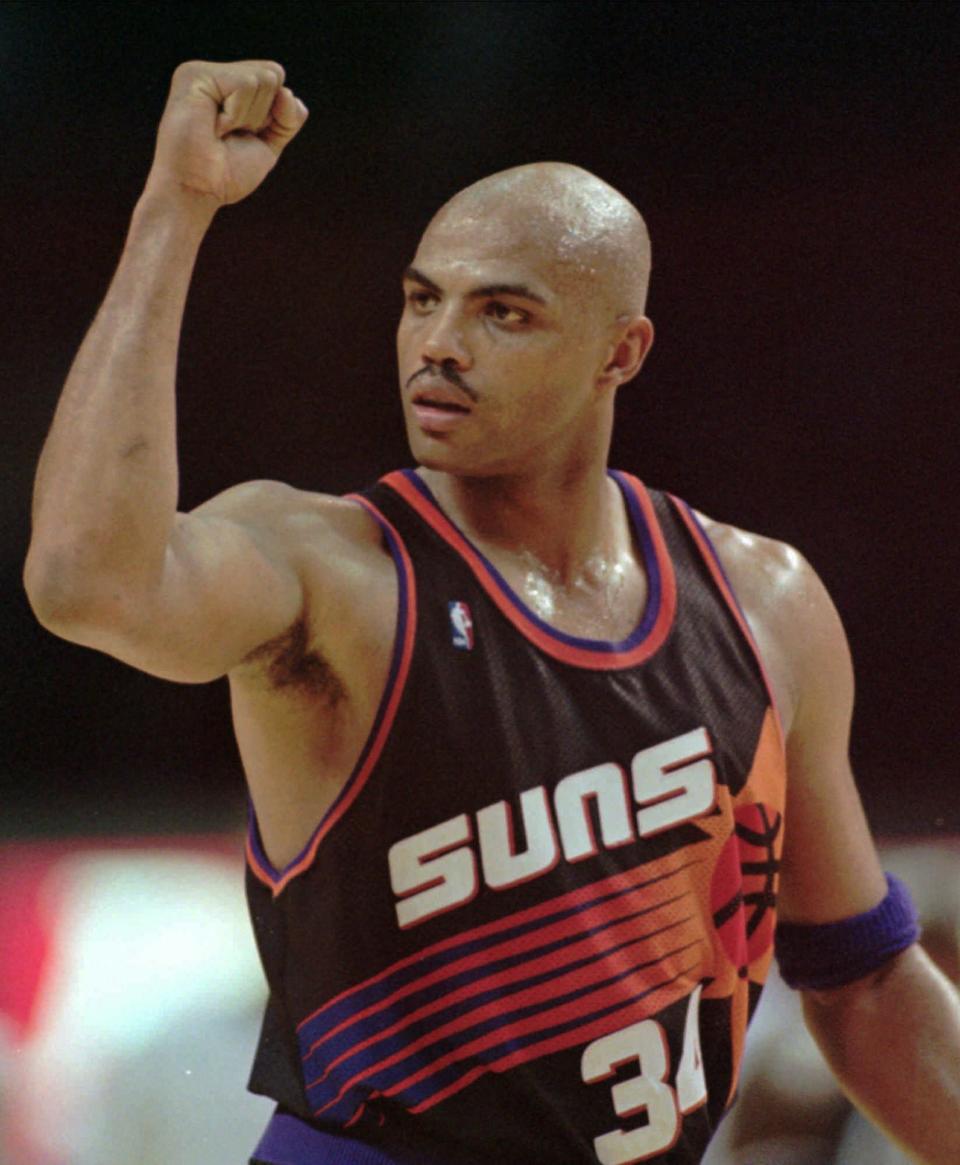
Q: The Suns are celebrating the 30th anniversary of the vintage “sunburst” logo on their uniforms from when Barkley first arrived in Phoenix and led them to the finals. How big is that chapter of his career in your book?
TB: That’s a crucial year for not just the Suns, but the entire city because in some ways Charles helped put Phoenix back on this national map when it came to having a dominant NBA team. His jersey was a hot seller, the team was excellent that year, he won MVP, he brought awareness to the city with nationally televised games. … Speaking with (former Suns owner) Jerry Colangelo, he told me that the trade (from the 76ers to Suns) was a no-brainer, he would’ve done it every time just given the opportunity. So that first season in particular, we go in depth.
Read more: Suns will go retro this season in bringing back iconic look from 1992-93 season
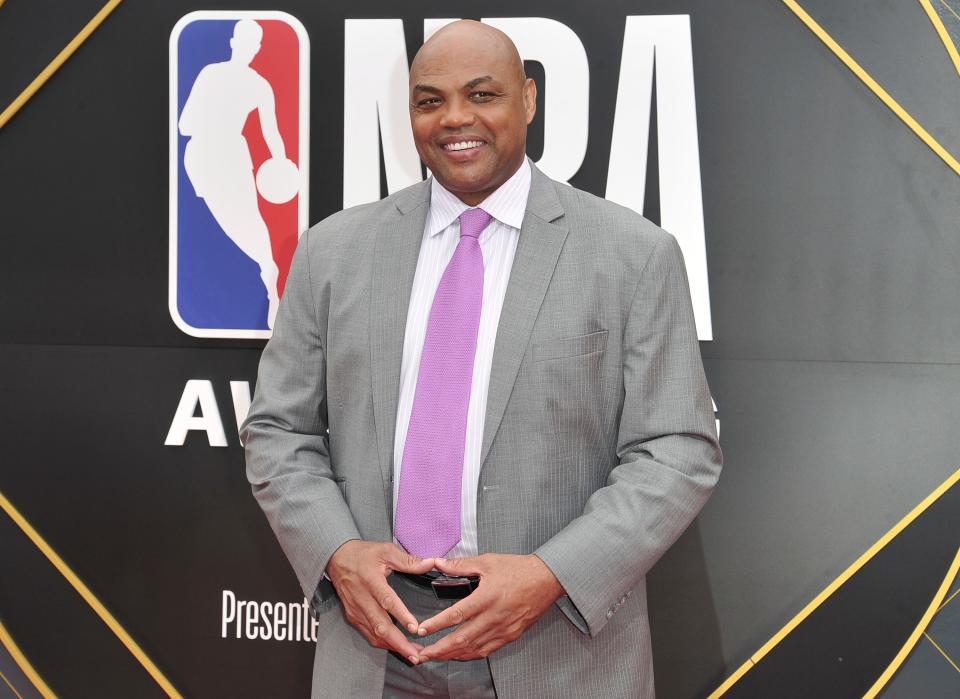
Q: In 2013, Barkley said during an NBA TV interview for his 50th birthday “the Suns screwed me" and asked for a trade in 1996. He joined the Rockets, which had beaten the Suns in two straight West playoff semifinals Game 7s in the previous two years when Houston won back-to-back titles. What’s explored in the book about Barkley’s trade to Houston?
TB: I know (the Suns) firing Paul Westphal and trading Dan Majerle (in the 1995-96 season) really pissed him off and he could kind of see the writing on the wall before his final season there. It was kind of injury-plagued and he kind of lost the spirit he had not just in his finals year, but also from ’94 and ’95 against Houston. He just didn’t have it anymore and he was mentally checked out, and he kind of went back to the similar playbook he had when he left Philadelphia (76ers), in terms of openly putting out there that he didn’t want to be there anymore. It got to the point where he went on NBC and talked about how upset he was and he wanted to go to one of five teams after that. …
26 years ago today, Clyde Drexler was traded to the Houston Rockets. They won a championship 4 months later.
😂 Barkley pic.twitter.com/k3MQhdzbno— Ballislife.com (@Ballislife) February 14, 2021
He put Houston in there because he saw it being a player away at that point because they were so old. (Hakeem) Olajuwon, Drexler, (Mario) Elie, the core guys from those back-to-back championship teams were older. To Charles, he says he was not ring-chasing at the time but if you go back there is a (1996-97) preseason photo of him, Olajuwon and Drexler just standing around an NBA (title) trophy. People forget about that photo but it was clear his first two years in Houston was title or bust. Unfortunately, it didn’t happen.
Speculation: How does Barack Obama and Charles Barkley as part of a Phoenix Suns ownership group sound?
Have tips for us? Reach the reporter at dana.scott@azcentral.com or at 480-486-4721. Follow his Twitter @iam_DanaScott.
Support local journalism. Start your online subscription today.
This article originally appeared on Arizona Republic: Barkley biographer's new book explores Suns’ most controversial player

